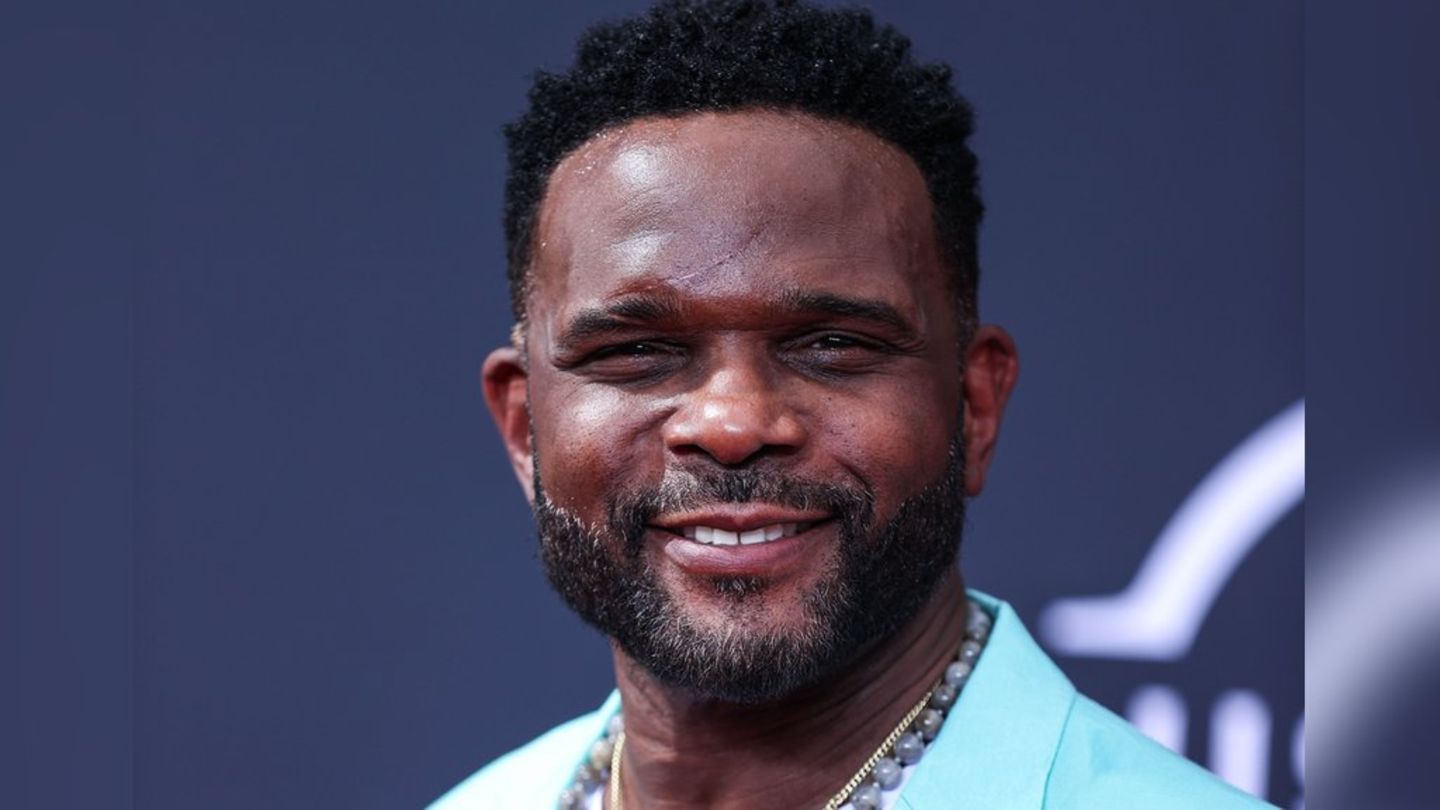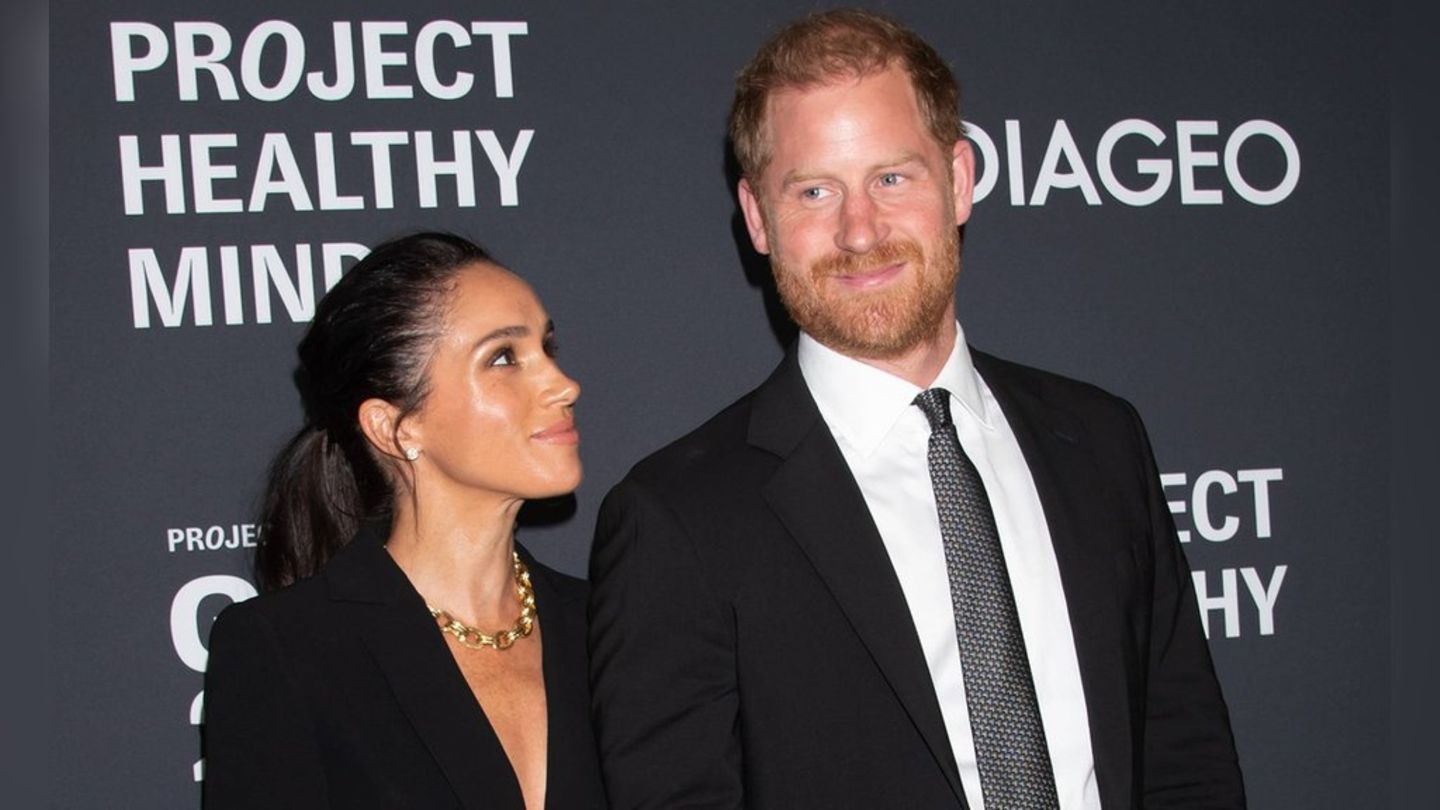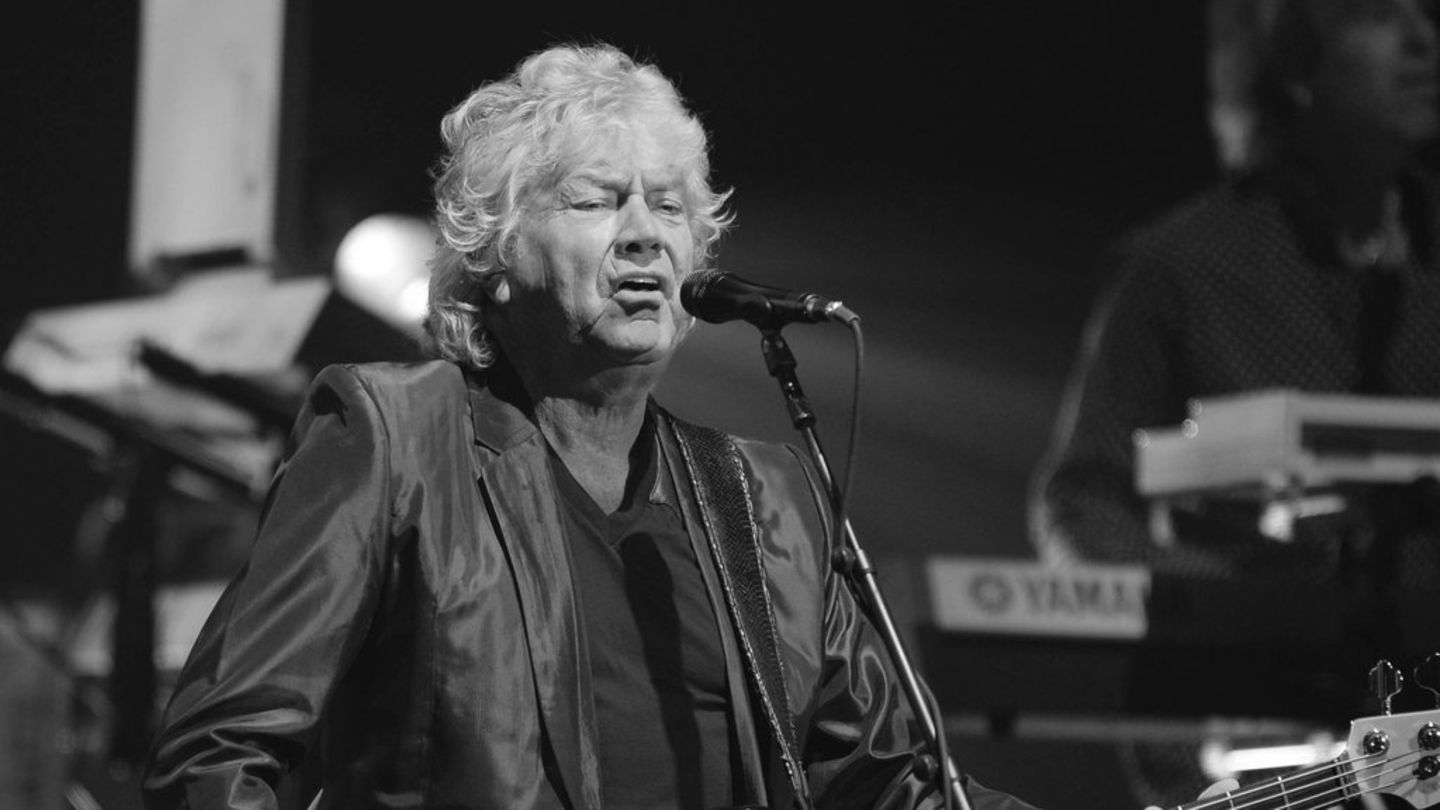The crisis surrounding Ukraine and Russia was the dominant topic on all three days. But what else was there?
The danger of a new war in Europe hung like a shadow over this year’s Munich Security Conference. But there were other issues as well. An overview:
Europe
The current crisis has brought the European Union even closer together. But, as was often heard in Munich, a better coordinated common foreign and security policy is needed. The defense ministers of Germany and France called for a further expansion of military cooperation in the EU. Federal Chancellor Olaf Scholz called for more active efforts to integrate the countries of the Western Balkans into the European Union – Albania, North Macedonia, Serbia, Montenegro, Bosnia-Herzegovina and Kosovo are among the aspiring countries.
corona
The head of the World Health Organization (WHO) warned in Munich against prematurely declaring the corona pandemic over. Because she is not: Not if 70,000 people die of Corona every week. Not when 83 percent of Africa’s population has not yet received the first dose of vaccine. Not when health systems are still groaning under the number of cases. And not when Corona circulates almost uncontrolled. Tedros Adhanom Ghebreyesus reiterated the WHO goal of raising $16 billion from rich countries to provide vaccines, tests, medicines and masks to poorer countries.
Iran
Chancellor Olaf Scholz warned Iran that negotiations to save the 2015 nuclear deal would fail and called on Tehran to give in: “Now is the moment of truth.” All the elements needed to conclude the negotiations are on the table. Iran’s Foreign Minister Hussein Amirabdollahian later played the ball back in part: they were ready to conclude an agreement within a very short time. But the United States must now show their good will – the ball is in their hands. The next few weeks are now considered crucial for the negotiations.
China
China’s Foreign Minister Wang Yi was connected via video. In his speech, he once again opposed the eastward expansion of NATO. And he sharply dismissed allegations about China’s treatment of the Muslim Uyghur minority. There were “never” so-called re-education camps in Xinjiang province: “These are lies that were fabricated and spread as disinformation.” Scholz announced increased cooperation with China on issues of “mutual interest”, such as the fight against climate change. However, one clearly wants to counter “where the preservation of the multilateral order is threatened or where human rights are trampled underfoot”.
Sahel region
UN Secretary-General António Guterres made it clear in Munich that the continued fight against Islamist terrorist groups in the Sahel region could only be won with more robust troops. “We need robust troops,” he said, adding that “peace enforcement and anti-terrorist fighting are necessary”.
climate
The realization of how important the fight against climate change is and that climate policy is also security policy has long since prevailed in Munich. But the UN Secretary-General is dissatisfied with the progress. “When it comes to climate change, we’re not currently winning the race, we’re losing it,” Guterres warned.
women
A photo of business leaders having lunch on the sidelines of the conference caused a stir on the internet. You can see about 30 men, but not a single woman. According to official figures, 45 percent of the speakers in the main program of this year’s conference were women – but in the round with the managers the ratio was different. Almost fittingly, Chancellor Scholz called for more equality between women and men in a YouTube interview with an influencer: There is still a lot to do, this is still “a very, very big construction site”.
Kleist Prize
The outgoing NATO Secretary General Jens Stoltenberg was awarded the Ewald von Kleist Prize for his many years of work at the head of the alliance – named after the founder of the Wehrkundetagung, the forerunner of the Security Conference.
Ischinger
After 14 years, it was the last conference chaired by Wolfgang Ischinger – next year the diplomat Christoph Heusgen will take over. Unpleasant for Ischinger: Before the start of the conference, according to a “Spiegel” report, he had to reject allegations that he had mixed his post as conference chairman with his own financial interests. On the conference podium, however, he received a lot of thanks and recognition. Scholz paid tribute to Ischinger’s commitment to international relations and transatlantic friendship.
Source: Stern
David William is a talented author who has made a name for himself in the world of writing. He is a professional author who writes on a wide range of topics, from general interest to opinion news. David is currently working as a writer at 24 hours worlds where he brings his unique perspective and in-depth research to his articles, making them both informative and engaging.




